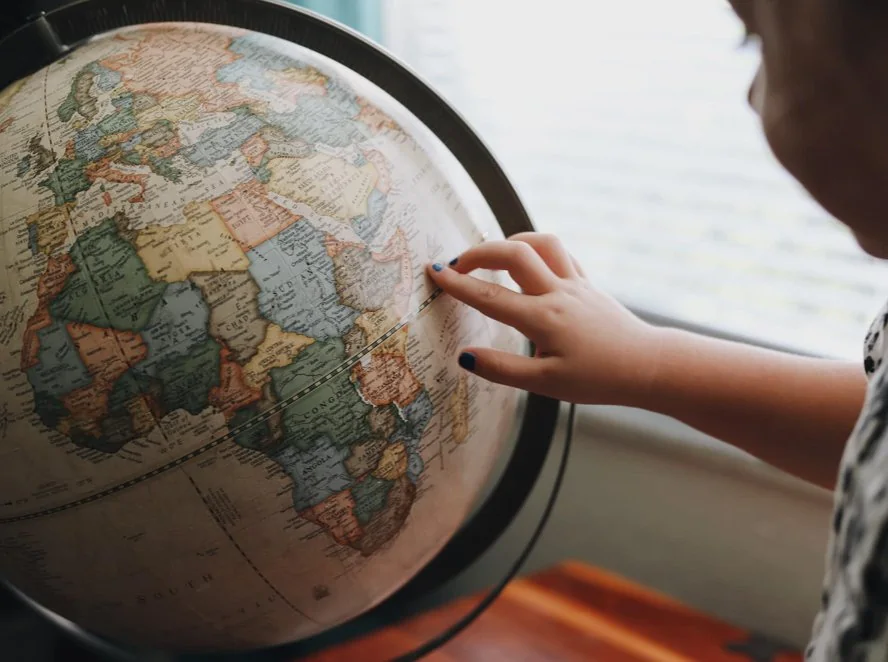

Prathamesh
"Quality education is still a privilege"
Every two years, the Jacobs Foundation awards the Klaus J. Jacobs Best Practice Prizes to trailblazers seeking evidence-based solutions to education’s biggest challenges. In this series, Annie Brookman-Byrne meets with the finalists of the 2022 awards. In part 4, Annie talks to Guilherme Lichand from in Brazil.
Annie Brookman-Byrne: When it comes to education, what are the common challenges facing Latin America and Sub-Saharan Africa?
Guilherme Lichand: The two regions shared similar challenges before the pandemic, and all of the countries where COVID-19 caused schools to be closed for a long time struggled with remote learning.
Before 2020, both regions had made great strides in educating children and adolescents – by providing free basic education through public schools or through vouchers for private providers. Primary and secondary school enrolment rates were at record highs. However, both regions struggled to ensure that children were receiving high-quality education. Most students were graduating without basic proficiency in reading or math. In Brazil, only half of 15-year-olds achieved minimum proficiency levels in reading, according to the .
The pandemic made matters worse. In both regions, educational systems were making only very limited use of technology prior to the advent of remote learning, and economies were hit hard by the mobility restrictions that were imposed in response to the pandemic. The pandemic also led to pressure on children to work, as most adults lost employment and income during that period. Inequalities increased across most dimensions.